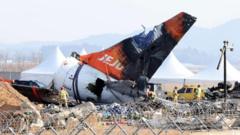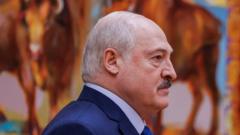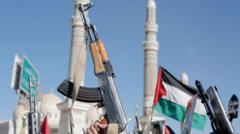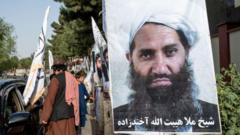The murder of Lim Kimya, a prominent opposition figure from Cambodia, in Bangkok has raised questions about potential cross-border political machinations and the safety of activists in the region.**
High-Profile Political Assassination in Bangkok Raises Alarms**
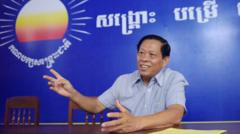
High-Profile Political Assassination in Bangkok Raises Alarms**
Former Cambodian parliamentarian Lim Kimya is shot dead, sparking speculation about international involvement in the assassination.**
The shocking assassination of Lim Kimya, a 73-year-old former Cambodian parliamentarian, has sent waves of disbelief throughout the political landscape of Southeast Asia. The incident occurred in the royal quarter of Bangkok, where Kimya was shot twice in the chest in a brazen attack that appears to be the work of a calculated assassin. Witnesses reported seeing a man pull up on a motorbike, calmly park, and approach Kimya before firing the fatal shots.
Security camera footage shows the assailant’s actions before and after the shooting, leading authorities to identify him as a former Thai navy officer now operating as a motorbike taxi driver. Despite clarity surrounding the shooter's identity, the underlying motives for the attack are deeply obscured. Opposition leaders are asserting that only the Cambodian state would benefit from such a killing, as Kimya had remained a vocal critic of the ruling regime despite, or perhaps because of, his party's recent legal battles.
The Cambodian National Rescue Party (CNRP), of which Kimya was a key figure, was disbanded by government order in 2017, and many of its members have faced threats and harassment since. The political climate has worsened under Prime Minister Hun Manet, whose administration has continued to crack down on dissent. Human rights organizations have voiced concern that there exists a troubling pattern of regional cooperation between the governments of Cambodia, Thailand, Vietnam, and Laos aimed at stifling opposition voices.
This assassination starkly highlights the grim reality faced by many activists in the region. Reports indicate that numerous individuals fleeing oppressive regimes have been forcibly repatriated by neighboring countries, often leading to detention or worse. The urgent question remains whether the Thai authorities will follow through on a full investigation into Kimya’s assassination, or if it will become yet another unresolved case of political violence.
Phil Robertson, a director with the Asia Human Rights and Labour Advocates, condemned the dangerous trend of transnational repression that enables governments to chase after dissidents beyond their borders. As calls for justice intensify, Thailand faces significant pressure to process this brazen killing and uphold human rights in a region fraught with political strife. The global community watches closely to see whether the new leadership in Cambodia and its allies will truly embrace a future free of intimidation and fear.
Security camera footage shows the assailant’s actions before and after the shooting, leading authorities to identify him as a former Thai navy officer now operating as a motorbike taxi driver. Despite clarity surrounding the shooter's identity, the underlying motives for the attack are deeply obscured. Opposition leaders are asserting that only the Cambodian state would benefit from such a killing, as Kimya had remained a vocal critic of the ruling regime despite, or perhaps because of, his party's recent legal battles.
The Cambodian National Rescue Party (CNRP), of which Kimya was a key figure, was disbanded by government order in 2017, and many of its members have faced threats and harassment since. The political climate has worsened under Prime Minister Hun Manet, whose administration has continued to crack down on dissent. Human rights organizations have voiced concern that there exists a troubling pattern of regional cooperation between the governments of Cambodia, Thailand, Vietnam, and Laos aimed at stifling opposition voices.
This assassination starkly highlights the grim reality faced by many activists in the region. Reports indicate that numerous individuals fleeing oppressive regimes have been forcibly repatriated by neighboring countries, often leading to detention or worse. The urgent question remains whether the Thai authorities will follow through on a full investigation into Kimya’s assassination, or if it will become yet another unresolved case of political violence.
Phil Robertson, a director with the Asia Human Rights and Labour Advocates, condemned the dangerous trend of transnational repression that enables governments to chase after dissidents beyond their borders. As calls for justice intensify, Thailand faces significant pressure to process this brazen killing and uphold human rights in a region fraught with political strife. The global community watches closely to see whether the new leadership in Cambodia and its allies will truly embrace a future free of intimidation and fear.









